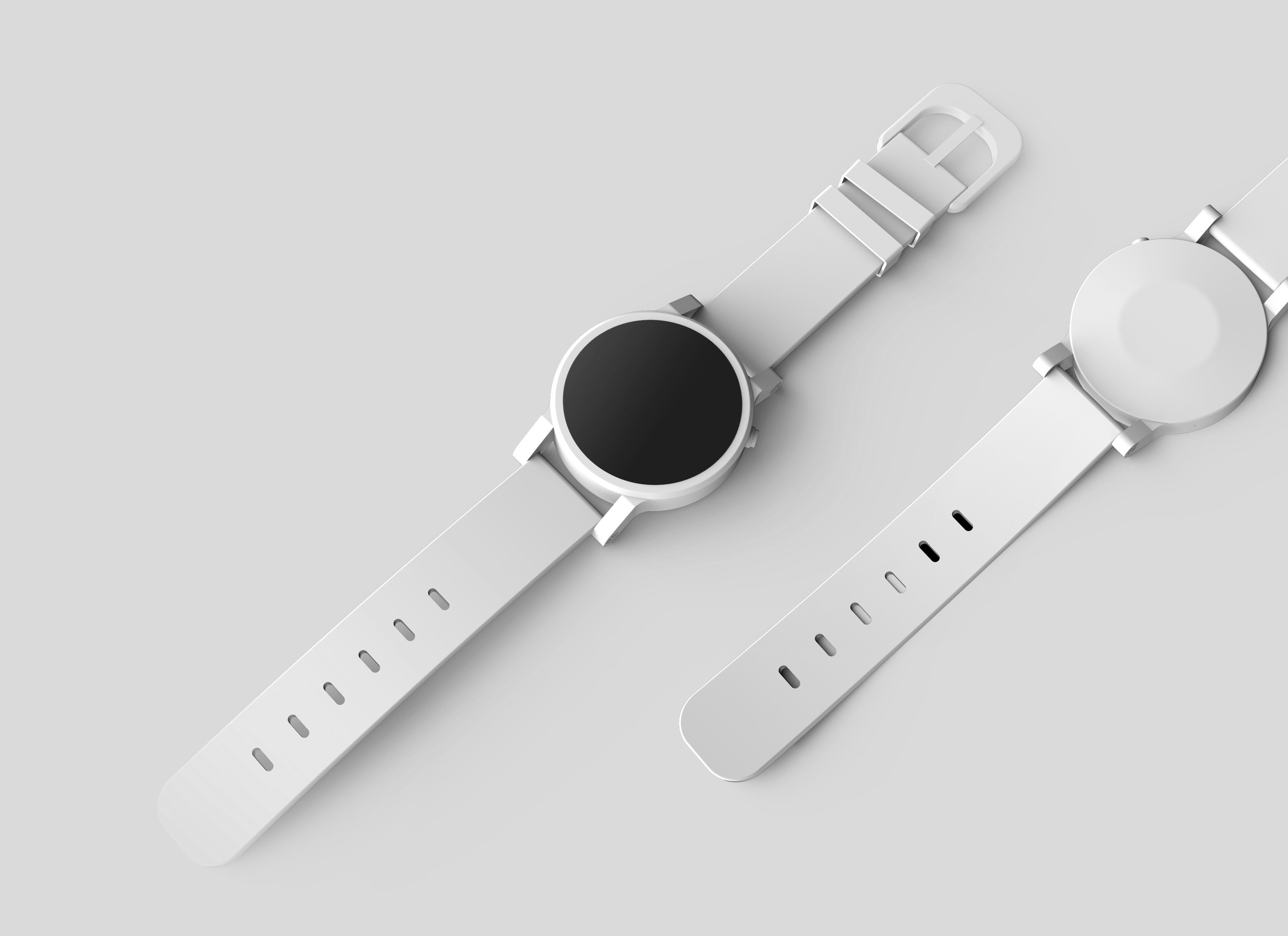The Ultimate Guide to Making Informed Purchases: Understanding Product Pros and Cons
October 20, 2024 | by altamash.net@gmail.com
 Photo by Nathana Rebouças on Unsplash
Photo by Nathana Rebouças on Unsplash The Importance of Researching Products Before Purchase
In today’s fast-paced market, where consumers are inundated with choices, the significance of thorough product research cannot be overstated. Before making a purchase, understanding the features, benefits, and potential drawbacks of a product plays a critical role in facilitating informed decisions. With so many products available, it is imperative to delve into the specifics to ensure that your investment aligns with your needs and expectations.
One of the primary methods of conducting product research involves reading customer reviews. Contemporary consumers increasingly rely on the insights of others who have already experienced a product. These reviews can provide valuable information about the product’s performance, durability, and overall satisfaction. Additionally, examining both positive and negative feedback offers a balanced perspective that can inform potential buyers about the pros and cons associated with a given item.
Another effective approach to researching products is comparing similar items. By evaluating the specifications, features, and price points of various products within the same category, buyers can identify which option best meets their requirements. This comparative analysis aids in recognizing value for money and pinpointing unique attributes that could justify a purchase, or conversely, lead to avoidance of certain products.
Seeking expert opinions can also enrich the product research process. Industry professionals, whether through blogs or review sites, often provide insightful analyses that highlight critical aspects that may not be readily apparent to the average consumer. This expert guidance can enhance understanding and confidence in the purchasing decision.
In conclusion, product research acts as a vital tool in navigating the overwhelming variety of choices on the market. By investing time in understanding the nuances of a product, consumers can make informed purchases that are more likely to result in satisfaction, eliminating the regret of buyer’s remorse.
Evaluating Pros and Cons: How to Weigh Your Options
When faced with the task of making informed purchases, evaluating the pros and cons of a product is crucial. This framework enables you to identify positive aspects that align with your specific needs while also recognizing potential downsides that could affect your satisfaction. The process of creating a pros and cons list is a straightforward yet effective method for organizing your thoughts and clarifying your preferences.
To begin, outline two columns on a sheet of paper or within a digital document. Label one column “Pros” and the other “Cons.” As you research the product, begin populating each column with bullet points. For example, when considering a new smartphone, you might note durability and camera quality as pros, while battery life or price may appear in the cons section. This visual representation aids in weighing the benefits against drawbacks, simplifying your decision-making process.
Examples can vary across product categories. With household appliances, the pros might include energy efficiency and ease of use, while the cons might indicate noise levels or size constraints. In technology, software subscriptions can have advantages such as regular updates and customer support, juxtaposed with drawbacks like the potential for ongoing costs or reliance on internet access. By tailoring your list to the particular product, you ensure relevancy and applicability to your situation.
It is essential to take personal preferences and usage scenarios into account during this evaluation process. Consider how often you will use the product and in what context. For instance, a high-performance camera might be indispensable for a professional photographer but unnecessary for someone who takes casual photos. Ultimately, the goal is to make choices that resonate with your unique lifestyle and personal requirements, leading to more satisfying purchase decisions.
RELATED POSTS
View all



